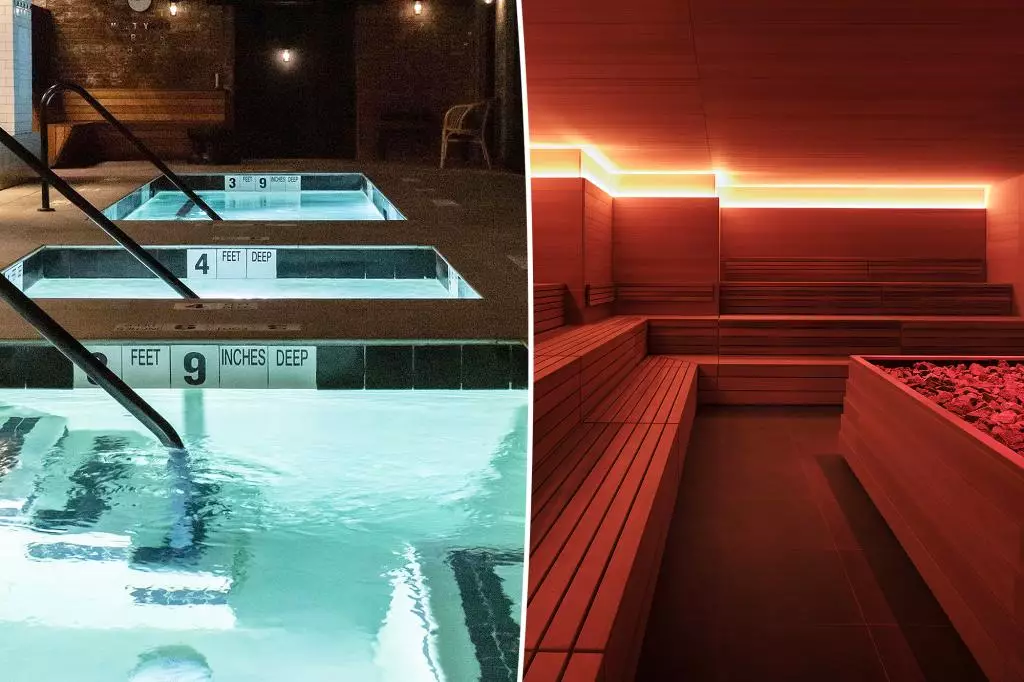In an age dominated by social media, where personal experiences morph rapidly into public saga, a recent incident involving a Brooklyn spa highlighted the precarious intersection of wellness culture and digital accountability. A self-identified influencer stirred controversy by claiming they contracted a urinary tract infection (UTI) from their visit to a trendy Williamsburg spa. This assertion quickly erupted online, drawing widespread attention and igniting heated debates. However, what unfolded next was a masterclass in defamation defense and public relations that exposed not just the individual involved but the larger implications of how quickly misinformation can spread in our digital-first world.
The Lawyer’s Response: Digging into Reality
In a stunning twist, the spa’s legal counsel, Adam P. Gilbert, leaped into the fray with a letter that turned this narrative on its head. Instead of merely contesting the claim, he artfully suggested that the influencer’s infection might have more to do with their sexual escapades than a relaxing experience at the spa. The legal counsel’s clever reframing of the situation was a reminder of how critical context is in assessing such claims. By juxtaposing the influencer’s UTI complaint against their own online discussions about intimate relationships, he questioned the veracity of their assertions in a manner that was both tactically sound and strikingly poignant.
Social Media’s Role: Amplifying Outrage
The incident provided a cautionary tale about the propensity of social media to amplify grievances, often without thorough scrutiny. Other users joined the chorus, recounting their unflattering experiences at the spa and contributing to a viral narrative against it. This phenomenon signals a troubling trend in online discourse: individuals are willing to bolster their accounts and inflate claims, potentially harming businesses and reputations in the process. The stark reality remains that collective outrage can often overtake rational thought, leading to consequences far beyond the initial scuffle—the spa found itself battling not only reputational damage but also potential legal ramifications.
Defamation: Legal Recourse and Responsibilities
As the spa initiated legal actions against those who proliferated similar claims without evidence, it underscored the responsibilities that come with the freedom to express oneself online. Gilbert’s pointed remarks didn’t just serve as a rebuttal; they were a wake-up call emphasizing the need for caution in sharing potentially damaging information. Defamation claims can carry substantial weight, and in an era where influencers wield significant power, it becomes imperative to weigh the evidence before publicly vilifying any establishments or individuals.
Redefining Accountability in the Digital Age
Ultimately, this saga brings to light the urgent need for accountability in the influencer landscape and the wellness culture surrounding it. As more users engage with seemingly benign establishments like spas, understanding the ramifications of vocalizing grievances without foundational evidence is essential. The balance between freedom of speech and responsible communication must be navigated with care, lest it devolve into an unregulated marketplace of opinions, where fact loses its foothold to fervor. If we are to continue fostering honest dialogue about wellness and self-care, a commitment to truthfulness—anchored in evidence—should be our guiding principle. Only then can we hope to cultivate a culture rooted not in exaggeration, but in genuine experience.

